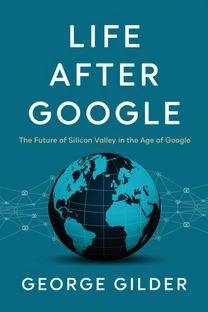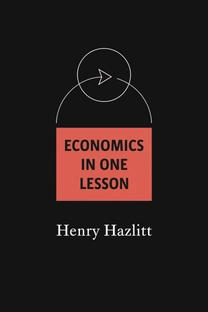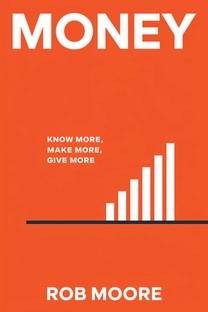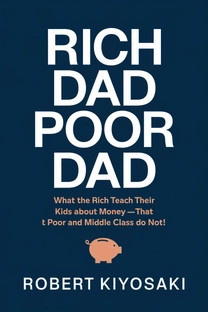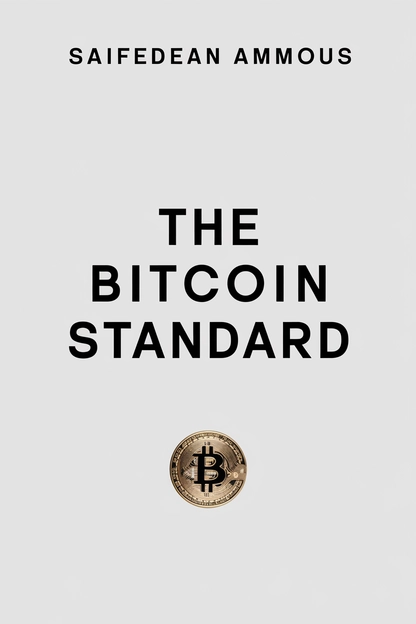
The Bitcoin Standard
The Decentralized Alternative To Central Banking
by Saifedean Ammous
Brief overview
This book explains the historical evolution of money and shows how different monetary systems shape economies, culture, and societal progress. It also examines the pitfalls of government-issued currencies and presents an alternative perspective with digital cash, highlighting how Bitcoin may act as a secure store of value. By finishing it, you’ll gain clarity on the dynamics of money, inflation, and the potential of a decentralized future.
Introduction
Have you ever paused to consider why money matters so much to human progress? Whether exchanging salt in ancient markets or tapping a digital wallet today, we rely on a shared concept of value to power our economies and define our aspirations. Money does more than facilitate buying and selling; it connects communities, fosters trade, and shapes how we plan for the future.
In many periods of history, coins made from precious metals like gold and silver became trusted mediums of exchange. More recently, paper bills printed by governments and central banks became common, but the link between money and real scarcity was often lost. This change in monetary systems had huge effects on savings, time preference, and growth.
The basic question this book addresses is: how does a society flourish or falter based on what it chooses as money? Unlocking that puzzle requires looking at how civilizations, from ancient Rome to modern superpowers, have cycled through different forms of currency—some resilient, others doomed to fail.
Money: A Universal Tool
The earliest form of trade was barter—neighbors swapping one item for another. While simple, barter breaks down once a community grows beyond a few people. It’s cumbersome to carry flocks of livestock or bushels of grain, especially if your prospective trading partner wants neither.
Money streamlines the process. It emerges as a universal tool that everyone agrees to accept in exchange for other goods and services. By acting as a common denominator, money lets transactions happen more efficiently on a much larger scale. This fosters specialization, letting experts in one craft exchange their outputs with specialists from other fields.
We often take for granted the role money plays in daily life, yet it’s remarkable how societies consistently gravitate toward forms of money that best preserve value over time. In the search for reliability, people have tried artifacts, metals, stones, and more. Each innovation carried new potentials—and fresh vulnerabilities.
What is The Bitcoin Standard about?
This book explores the essential qualities of money, tracing its trajectory from precious metals to the rise of digital cash. The author delves into how monetary systems affect inflation, savings, and societal progress, showing that poorly managed currencies often degrade into chronic instability. By connecting past and present, the text offers a broad view of why money’s core properties matter more than many realize.
Through vivid examples and clear historical context, The Bitcoin Standard emphasizes why decentralized currencies could reshape our financial environment. Readers learn about Bitcoin’s unique scarcity, why sound money is foundational for a healthy economy, and how technology may introduce more transparent ways to store value and conduct transactions. In doing so, it captures a shift in economic thinking that could influence individuals, businesses, and even governments.
Review of The Bitcoin Standard
The Bitcoin Standard stands out by blending compelling economic analysis with a straightforward look at Bitcoin’s mechanics, giving it strong appeal for readers new to both topics. It balances historical insights on precious metals and government interventions while demonstrating why a decentralized currency could be a consistent store of value. The coverage of inflation and the root causes of financial instability is timely, making the book practical for anyone looking to protect their savings or understand alternative monetary policies.
One of its chief strengths is the clear writing style. Complex terms are explained in a direct, accessible way, making advanced concepts feel manageable. From real-world examples to underlying theory, the book bridges academic insight with everyday relevance, illustrating how Bitcoin might address certain systemic flaws in modern money.
This book is recommended for professionals and casual readers alike. Its empirical approach and future-focused perspective ensure that anyone cautious about mainstream currencies can learn essential lessons on preserving purchasing power and preparing for financial shifts ahead.
Who should read The Bitcoin Standard?
- Financial professionals seeking an alternative perspective on inflation and capital preservation
- Tech-savvy enthusiasts wanting to deepen their knowledge of decentralized currencies
- Economics students curious about the interplay between monetary history and digital adoption
- Entrepreneurs and business owners interested in exploring new payment models and global transactions
About the author
Book summaries like The Bitcoin Standard
Why readers love Mindleap
10-Minute Book Insights
Get the core ideas from the world's best books in just 10 minutes of reading or listening.
Curated For You
Discover your next favorite book with personalized recommendations based on your interests.
AI Book ExpertNew
Chat with our AI to help find the best book for you and your goals.
Reviews of MindLeap
Love how I can get the key ideas from books in just 15 minutes! Perfect for my busy schedule and helps me decide which books to read in full.
Alex R.
The summaries are incredibly well-written and the audio feature is perfect for my commute. Such a time-saver!
Jessica M.
Great app for personal growth. The insights are clear and actionable, and I love how they capture the essence of each book.
Chris P.
The app is beautifully designed and the summaries are top-notch. Definitely worth every penny!
Sarah K.


